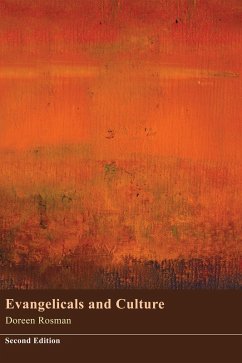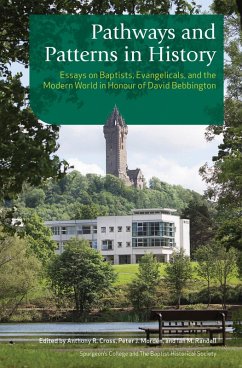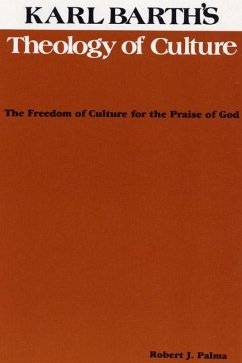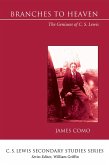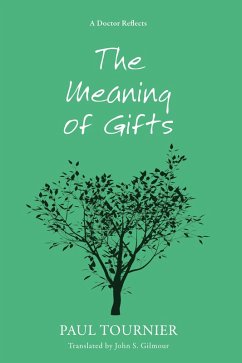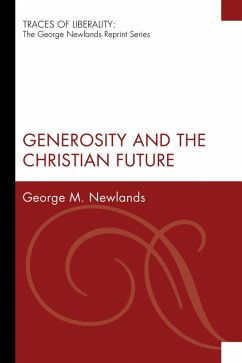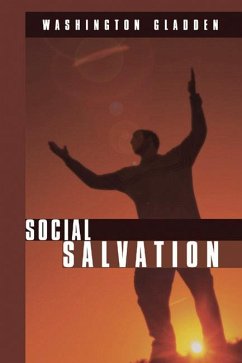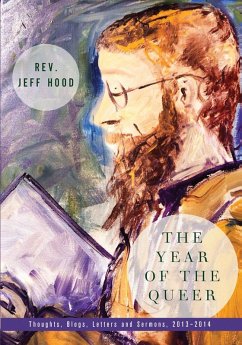Nineteenth-century evangelicals have often been dismissed as anti-intellectual and philistine. This book draws on periodicals, memoirs, and letters to discover how far this was true of British evangelicals between 1790 and 1833. It examines their leisure pursuits along with their enjoyment of art, music, literature, and study, and concludes that they shared the thought and taste of their contemporaries to a far greater extent than is usually acknowledged. What is more, their theology encouraged such activities. Evangelicals regarded recreations which engaged the mind or which could be pursued within the safety of the home as more concordant with spirituality than "sensual" or "worldly" pleasures. Nevertheless, their faith did militate against culture and learning. Some evangelicals dismissed all non-religious pursuits as "vanity," since their deep-rooted otherworldliness made them suspicious of anything that did not contribute to eternal well-being. A new generation adopted a more rigid attitude to the Bible, which made them unwilling to examine new ideas. In the last resort, even the most cultured evangelicals were unable to reconcile their delight in the arts with their world-denying theology.
Dieser Download kann aus rechtlichen Gründen nur mit Rechnungsadresse in A, D ausgeliefert werden.

